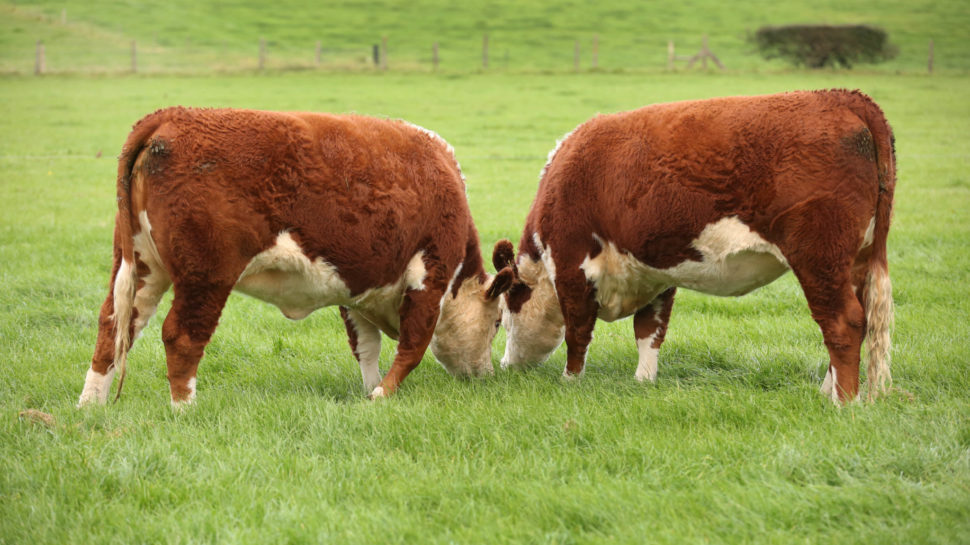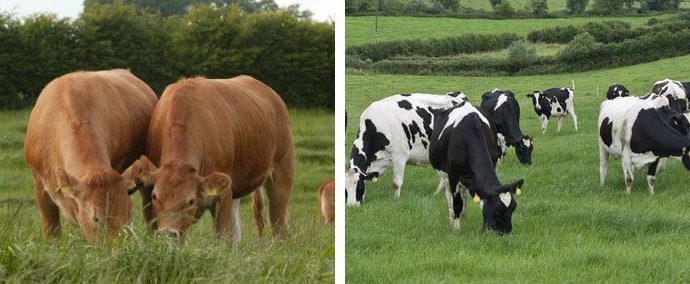EU VAT Directive an Opportunity for Government to Reduce VAT Rate on Vaccines – IFA

IFA National Animal Health Chair TJ Maher said the rate of VAT charged on animal vaccines is a decision for Government in the upcoming budget as the EU VAT Directive allows for member states to reduce the rate of VAT on these products to 0%.
He said IFA have campaigned for the rate of VAT on animal vaccines to be reduced to 0% for a number of years, a move that would save farmers up to €10m annually in the cost of these important preventative medicines.
The Department of Agriculture committed to reducing the rate to 0% in 2025 from the current rate of 23% to IFA and publicly in June 2022 based on the facilitation provided in the EU Vat Directive.
TJ Maher said the Department of Agriculture and Government unnecessarily delayed reducing the VAT Rate until 2025, the zero rate could have been applied in 2022, but the time has now arrived for the Minister for Agriculture Charlie McConalogue and his Government colleagues to deliver on this commitment in the upcoming budget and enact the 0% rate on animal vaccines from 1st January 2025.
The IFA National Animal Health Chair said this is a positive step Government can take in supporting farmers in enhancing the health and welfare of our animals and reducing the need for antibiotic usage on farms at effectively zero cost to the exchequer due to the flat rate VAT rebate system.
TJ Maher said this Government have talked up the importance of addressing AMR and have developed ‘iNAP’ which incorporates best practices in reducing dependence on antibiotics in human and animal treatments.
For farmers one of the most important tools in delivering on this is access to competitively prices vaccines. He said we spend almost €40m each year on vaccines, 23% or almost €10m of which is VAT that does not need to be applied.
There is now a real opportunity for Government to show if they truly support farmers and industry in reducing AMR or are they content to just pay lip service to reducing dependence on antibiotic usage while failing to provide meaningful support to assist farmers in reducing AMR at zero cost to the exchequer.
TJ Maher said farmers have waited patiently following the announcement by the Department of Agriculture in 2022, the Minister for Agriculture and his Government colleagues must now act in the upcoming budget to give effect to the zero rate for 2025.
He said the Department of Agriculture also have a serious role to play in ensuring vaccine availability for farmers at critical times of the year and must up their game.
He said over the past number of years farmers have experienced increasing levels of certain vaccine shortages at critical usage times and the situation for a number of products is worse this year.
The IFA National Animal Health Chair said availability of vaccines when needed is critical for farmers in protecting and maintaining the health, welfare and productivity of our animals while reducing the needs for antibiotic usage. These actions are being severely hampered on farms by the failure of the Department of Agriculture to ensure there are adequate supplies of suitable products available in the market place.
TJ Maher these products are too important for farmers and to the health of our animals to be left to chance or commercial decisions of pharmaceutical companies or medicine suppliers, the Department of Agriculture must be more proactive in identifying early if there are to be supply issues or shortages and ensuring these are addressed.
TJ Maher called on the Minister for Agriculture Charlie McConalogue to ensure his officials act immediately to address the shortages of important vaccines that farmers are encountering.



